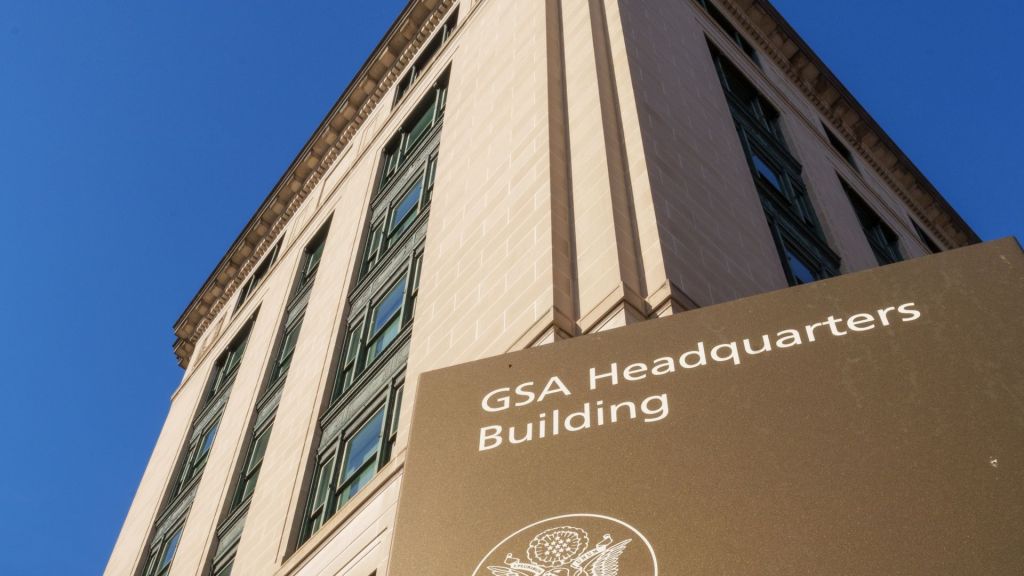
Commentary
-
Our commentary partners will help you reach your own conclusions on complex topics.
There’s another religious liberty case before the U.S. Supreme Court. And if you’re not careful about where you get your news, you might believe that it has something to do with Christian businessmen refusing to serve gay customers. That’s the clear implication by celebrity Jesuit priest, Father James Martin, who wrote as if the latest case is about the right to “refuse to serve people of a different religion or people who practice things that Christians disagree with.”
Such misrepresentation is typical. When Colorado baker Jack Phillips refused to participate in gay weddings, he was accused of refusing “to sell cakes to gay people.” In truth, Philips’ objection was to custom designing a cake that celebrates a same sex wedding. Phillips, a Christian doesn’t believe same-sex unions are morally equivalent to marriage, and so it would violate his conscience to force him to take part in such celebrations. In a similar way, Philips turned down cakes for Halloween or divorce parties, which also go against his religious beliefs.
The current case before the Supreme Court is similar. Laurie Smith runs her own web design company called 303 Creative. Colorado has an anti-discrimination law that would compel her to design websites for claiming beliefs she doesn’t share. She has sued to strike down this law. Again, Smith isn’t seeking the right to refuse gay customers. She would obviously make a website for any client, regardless of sexual identity or preference. It’s the content of the site where her conscience constrains her.
She won’t build a website proclaiming beliefs she holds to be wrong. The question here is about what powers the government of Colorado has. Does Colorado have the right to compel its citizens to violate their own consciences and endorse the official morality of the state government? Consider the implications if Smith loses this case and Colorado wins? Could the government force a professional ghostwriter to write a book advocating legalization of all abortion or advocating the banning of all abortion? Could the government force a baker to make a custom cake celebrating a child marriage? Could the government force a mural painter to accept a commission of a mural declaring “There is no god but Allah?” If Colorado has no tolerance for discrimination, shouldn’t an atheist painter be required to create such a celebration of Allah? If an atheist painter turned down such a project, would he be guilty of discrimination? No.
If this painter refuse to sell a painting of his to a Muslim customer, that would be discrimination. The distinction here is obvious. That it is blurred over by some media, and even by a Catholic priest whenever it comes to gay marriage, is a sign that our culture war poisons the mind.
-
Anti-deportation protests across US will hurt immigrants
On Feb. 2, thousands of protesters waving Mexican, Guatemalan and Salvadoran flags marched through downtown Los Angeles, shutting down the freeway in protest of Trump’s deportation plans. In Phoenix, Arizona, protesters rallied at the state capitol and outside federal immigration offices. Similar grassroots demonstrations are unfolding across the country in the early weeks of Trump’s… -
How woke Democratic policies are fueling devastating wildfires
With at least 25 people killed and fires still burning in Los Angeles, some are accusing politicians of mismanaging resources and worsening the crisis. President-elect Donald Trump has blamed California Gov. Gavin Newsom, a Democrat, claiming he is responsible for a low water supply, although city officials rebuked that allegation and have clarified that the… -
Democrats, GOP must urgently cooperate to block Trump tariffs
Incoming U.S. President Donald Trump has pledged sweeping tariffs on U.S. imports from around the globe, including from U.S. neighbors and allies, but especially on Chinese goods. Trump contends that his tariffs, while initially shocking the U.S. and global economies, will ultimately be good for the long-term economic health of the United States. But economists… -
Why Democrats have soured on mail-in voting
Over 4 million Georgians voted early in the U.S. 2024 presidential election, including a significantly higher number of Republicans than in 2016 or 2020, and many of them chose to do so by mail. The Georgia secretary of state’s office said that this early voting was unprecedented, representing 56% of all registered Georgia voters and… -
Child car seat regulations might actually be impacting family planning
U.S. Sen. JD Vance, R-Ohio, claimed in March of 2023 that child car seats are prohibiting many American families from having more children. Critics noted that birth rates are declining all around the world — including in countries where families don’t normally own any car at all — and that the cost of raising a…
Latest Opinions
-
 Getty Images
Getty Images
USAID official put on leave after sending memo critical of Trump, DOGE
-
 Getty Images
Getty Images
Mexico’s lawsuit against American gun makers heads to Supreme Court
-
 Getty Images
Getty Images
How Mixue surpassed McDonald’s and Starbucks in locations with unique model
-
 Getty Images
Getty Images
How Texas aims to rename New York Strip steak to promote beef industry
-
 NONSTOPNEWS
NONSTOPNEWS
At least 2 dead, dozens injured as driver rams into crowd in German town
Popular Opinions
-
In addition to the facts, we believe it’s vital to hear perspectives from all sides of the political spectrum.






